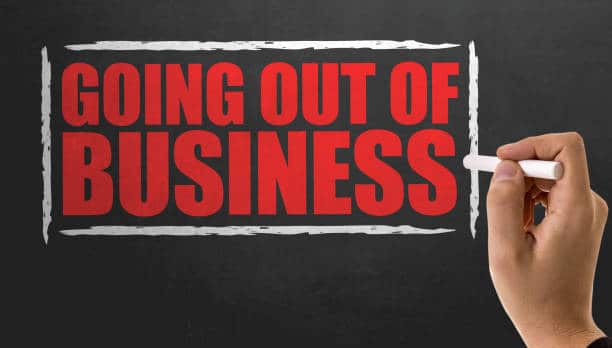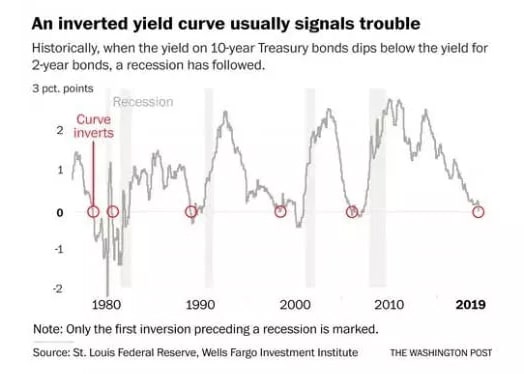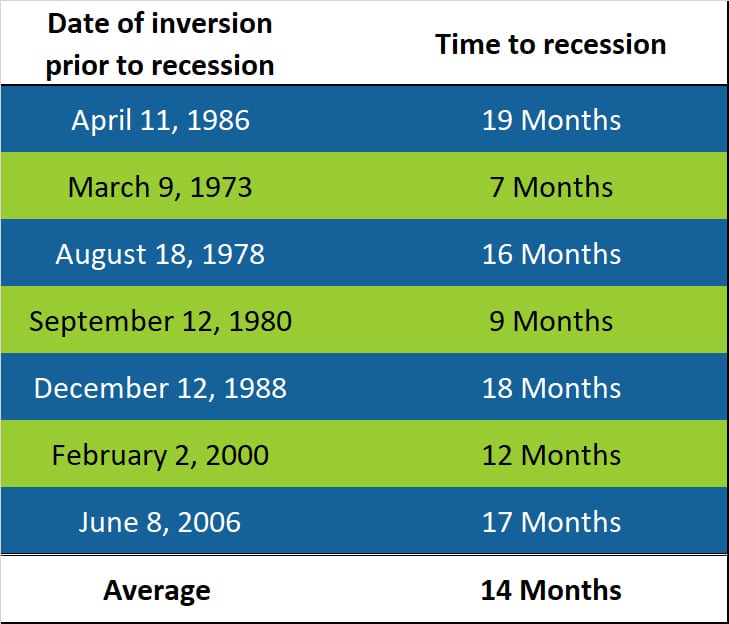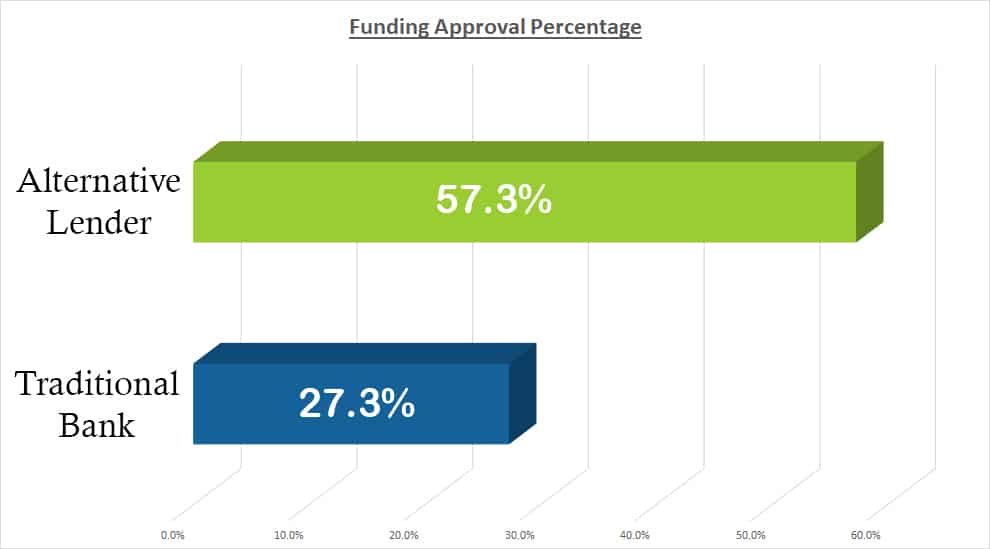
Several economists are predicting that we may be inside a recession soon. Exactly when this potential recession may hit is unknown but several indicators suggest it might hit next year.
The biggest indicator to date continues to be the inverted yield curve which first occurred August 14, 2023. An inverted yield curve is when the yields on 10-year US Treasury bonds dip underneath the yield around the 2-year US Treasury bonds. This is a direct indication that investors are involved about their long-term investments.

An inverted yield curve has proceeded every recession dating back 1955. Based about this information a recession has accorded between 7 – 19 months later.

Historically throughout a recession, smaller businesses are impacted the toughest.
This is due to a lack of cash reserves, no large capital assets for collateral, and difficulty securing funding compared to large business. As such smaller businesses have a much more difficult time surviving a recession.
However those small business that are prepared have a much better chance of survival. As a small business owner you need to know:
- what to expect
- how to prepare
- how to handle your company during
Impact of Recession on Small Businesses
1 – Reduced Cash Flow
Insignificant cash flow may be the number one reason companies go out of business. During an economic downturn your cash reserves drastically shrink, plus some of these factors might even be from your control.
When income if tight, companies will start to delay payments to their vendors. This can include you. It's a trickle-down effect – you provide services or goods to some client and you've got set a net 30 payment terms. The cash flow for the client is tight so that they pay out late. Now you have to pay your supplier late or else you just not have the cash to cover inventory or services important to your company.
Also, throughout a recession consumer spending is down. That's less revenue for your business, yet your expenses stay the same. This also offers a substantial impact on your cash flow.
2 – Decreased Demand
Companies are looking to cut cost in order to remain profitable. You will see a slow down inside your business, no matter your industry. During an economic downturn consumer spending slows down. This will result in business being economical because of insufficient demand.
If you are a B2B or B2C, a cafe or restaurant owner or a manufacturer of goods, expect demand to lower.
3 – Budget Cuts
When your company decelerates and you have less money flow to cover supplies, repairs, marketing, staffing, you will turn to cut expenses.
This might be reducing your spend on marketing or reducing employees. Ultimately cuts are necessary somewhere in order to get you out of trouble of the red.
4 – Capital may be hard to get
In non-recession times, when you really need capital to invest in your organization, you appear to get a loan or any other funding from the traditional bank or alternative lender. During The Great Recession it was extremely difficult for smaller businesses to get a loan because banks deemed these to risky. Possible due to an over-leveraged house, low credit score, or lack of collateral.
A large amount of alternative lenders where born from the Great Recession. Knowing small company are the backbone of the economy, alternative lenders provided some of these businesses access to working capital.
5 – Suppliers Going Through Rough Time
You can experience a disruption in your supply chain because of challenges your suppliers might be experiencing. This disruption will affect your general production resulting in a sluggish down and lack of revenue.
How to Prepare For A Recession

Now that you comprehend the potential impact you may experience throughout a recession; how will you get ready for it?
1 – Identify Alternative Vendors
This is simply doing all of your research by identifying a possible alternative vendor. You don't want the potential struggles your vendor may face to negatively affect your business.
Simple start the research, develop relationships and obtain pricing. That way the time-consuming work is taken care of when your vendor fall on hard times during a recession. And your operations won't suffer as a result.
2 – Invest For Growth Now
If you have the opportunity to purchase new software, equipment, or technology to succeed your company, achieve this now.
For starters, you'll have no trouble getting financing before an economic downturn. Plus you can start using the investment to construct your subscriber base or create more loyalty together with your existing customers.
Also, purchase marketing and start scaling your company now. Increased brand awareness and much more revenue driven from your marketing efforts will help you survive a potential recession.
3 – Get a Handle On Your Finances
Hopefully you have a good grasp of the current business finances. But if not – do so now.
Managing your finances is critical to all businesses, especially one trying to survive an economic downturn.
4 – Lock-in Financing Today
The most important thing that you can do pre-recession would be to secure funding for the business today.
As I previously stated, if a recession hits it will likely be more difficult for you to get funding. Banks will be hesitant to give small businesses a loan. And alternative lenders, who typically approve 57.3% of small business applications when compared with 27.3% for banks in non-recession times, may tighten up on who they fund. Although alternative lenders such as Small Business Funding it's still the best choice.

If you have a low credit (FICO) score then you can considering a Working Capital Advance and employ that funding to improve your operations today.
Or if you have a higher credit rating (620 or better), you might be entitled to a Business Line of Credit. This funding option provides you flexible for the reason that you only need to withdraw what you need and you only pay interest on the withdrawn amount.
The ideal time to get funding is when your revenue expires and consistent month over month. This good flow of revenue is important for lenders to see when determining whether to approve you.
Name of the Game
During a fiscal downturn the specific game is “survival”. You can't rely or expect growth to get you through those hard time. It is a challenge but those businesses that do make it through will be stronger as well as in a better position to thrive in post-recession times.
But the bottom line is the way you ready your business prior to the downturn that may ultimately determine your businesses fate.

